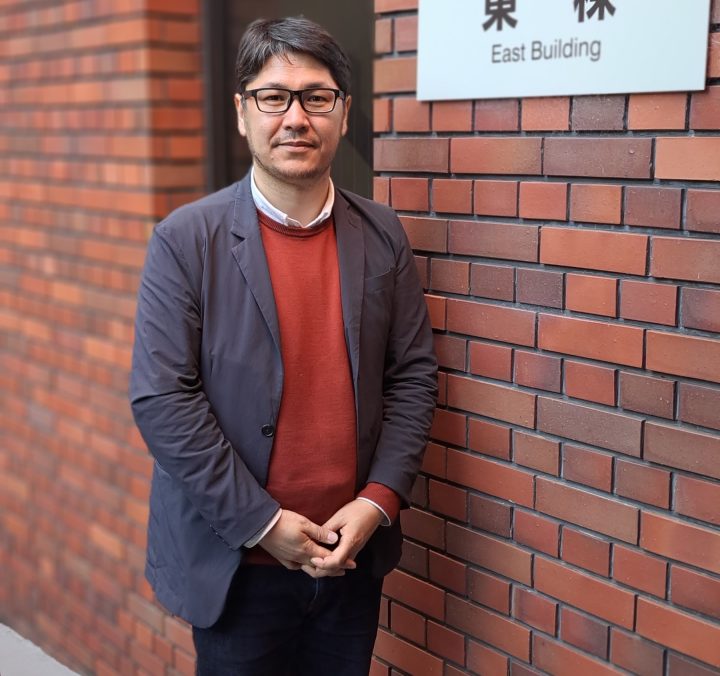スタッフ紹介
Bektursunov, Mirlan

- 部門・職位
- 社会共生研究部門
外国人共同研究者(学振外国人特別研究員) - 専門
- Central Asian Studies, History of the Russian Empire and Soviet Union, Colonialism, Nomadism, Lineage societies and modern states.
- 研究分野/キーワード
- Central Asia’s experience of modernity, Central Asian national republics within the Soviet Union (esp. Kyrgyzstan and Kazakhstan), Central Asian nomads’ experience of imperial institutions in the 19th and the 20 centuries.
- 連絡先
- tegin07@gmail.com
Bektursunov, Mirlan
研究概要
Rethinking Sovietness in Central Asia: Continuation and Transformation of Traditional Norms
There is a common assumption that under the high modernism of the Soviet state, the nomadic peoples of Central Asia lost most of their traditional institutions and mechanisms of horizontal social arrangement. The imposition of the nation-state framework on Central Asia during the Soviet era subjected lineages to deliberate neglect by both state and national actors because they undermined the imagined primordial unity of the nation. This study challenges such assumptions by exploring how lineage logic adapted and evolved under the Soviet regime. It argues that the functioning of the Soviet state, with its imposition of forced socialist modernization accompanied by extensive use of coercive policies, left the local population with no other option than to cling to their centuries-old familiar methods of horizontal networking based on the lineage principle. Specifically, by focusing on the early years of Soviet rule of the 1920s and 1930s, I examine how lineages interpreted and adapted to the Sovietization policies of the Soviet state, such as elections for local level assemblies, sedentarization, and collectivization. This study combines an analysis of archival sources, secondary literature, and oral interviews with Soviet-era political functionaries as a research method. Blending archival materials related to the secret police and judicial authorities with Kyrgyz and Kazakh genealogical sources allows this study to examine the interaction of Soviet and nomadic orderings from both state and local population standpoints. By examining Soviet socialism from the perspective of Central Asian nomads, this study contributes to the growing literature in recent years that emphasizes the multifaceted nature of the Soviet project rather than portraying it as totalitarian and monolithic. In broader terms, it addresses the relationship between modern states and nomadic societies in the 20th century by providing examples from the socialist experience of Central Asia.
